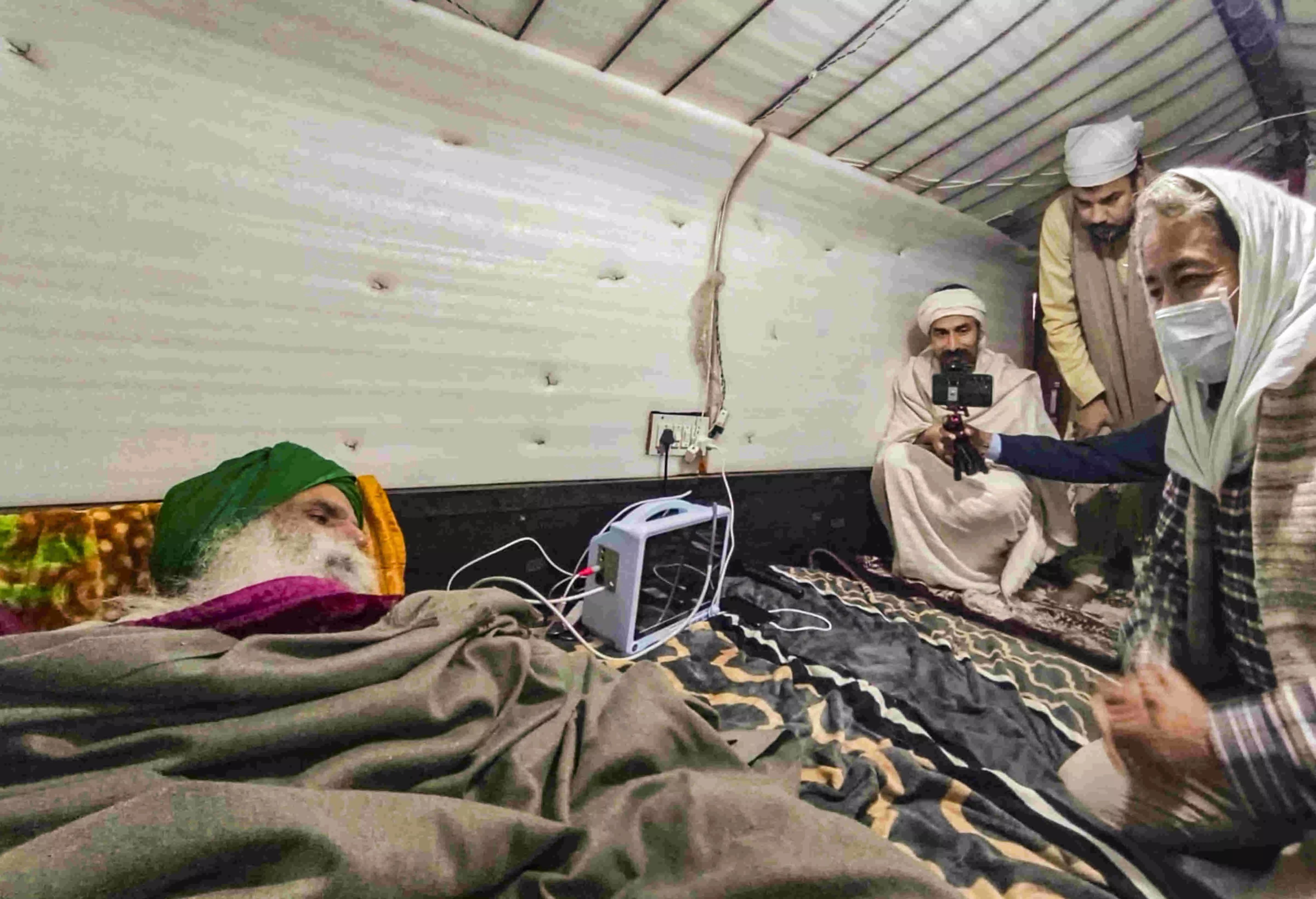Soaring mistrust

The hunger strike by farmers' leader Jagjit Singh Dallewal has brought into sharp focus the tightrope challenges of balancing protests and governance in India. Dallewal’s fast-unto-death, now in its 38th day, is symbolic of the frustration of farmers seeking basic assurances like a statutory guarantee on Minimum Support Price (MSP) for crops, a farm loan waiver, and the rejection of the Centre’s draft National Policy Framework on Agricultural Marketing. Driven by a deepening agrarian distress in the country, these demands, it can be said, have not been received well by the governments—be it the state or the Centre.
The Supreme Court’s directive to shift Dallewal to a hospital to ensure his health and safety was crystal clear. Yet, the Punjab Government’s handling of the issue has been lacklustre, prompting the Court to issue a sharp rebuke in its hearing dated January 2. The State seems to have misinterpreted, or perhaps deliberately distorted, the Court’s intentions, which has ostensibly led to further mistrust among the protesting farmers. The Supreme Court clarified that shifting Dallewal to a hospital does not mean he must end his fast but ensures that his protest continues safely under medical care. For the state government, this aspect appears to have been lost in translation, adding fuel to the fire. The Union Government’s stance has been equally troubling. Agriculture Minister Shivraj Singh Chouhan’s statement that the Centre will follow the Supreme Court’s orders sounds more like a perfunctory response than a genuine commitment to addressing farmers’ grievances. The Union’s reluctance to intervene directly, citing fears of worsening the situation, only adds to the perception of indifference. Meanwhile, the Punjab Government has shifted responsibility to the Centre, creating a blame game that leaves the farmers in limbo.
For Dallewal and the thousands of farmers protesting at the borders of Punjab and Haryana, this is a fight for survival. Their refusal to engage with the Supreme Court-appointed committee is largely because of a deep mistrust in judicial and governmental institutions. They believe their issues, rooted in policy failures, require political solutions, rather than legal interventions. This mistrust may not be completely unfounded. Past experiences have shown how committees and assurances have often failed to translate into meaningful changes on the ground. The human cost of this stalemate is too big to be overlooked. Dallewal, already battling cancer and other age-related health issues, represents the desperation of countless farmers who feel ignored and undervalued. His hunger strike is a cry for dignity and justice. The Supreme Court’s effort to ensure his safety while respecting his right to protest is commendable, but the responsibility now lies with the respective governments to act decisively.
Media coverage has also played a role in complicating the situation. Misleading reports about the Court’s intentions have fuelled mistrust and confusion. Sensationalism in such sensitive matters is irresponsible and could possibly undermine the efforts to find a resolution. Accurate and balanced reporting is crucial to bridge gaps in understanding and facilitate meaningful dialogue. The way forward demands immediate action from both the Punjab and Union Governments. They must set aside political differences and work collaboratively to address the farmers’ demands. Engaging credible intermediaries who command the trust of the protesting farmers could help break the deadlock. It is also essential for Parliament to prioritise legislative solutions to ensure farmers receive fair and transparent support mechanisms.



